This file comprises a rich collection of diplomatic, military, and administrative documents curated from the wartime working files of Ambassador Siegfried Ritter, the German envoy to the Independent State of Croatia (NDH) during the Second World War. It provides unparalleled insight into German foreign policy, military strategy, and internal affairs coordination in the Balkans, particularly concerning Croatia, Serbia, Montenegro, and Bosnia-Herzegovina.
Content includes:
- Official correspondence between Ambassador Ritter and senior Nazi figures including:
- Generaloberst Alexander Löhr (Commander-in-Chief, Southeast Europe)
- SS-Gruppenführer Gottlob Berger (Waffen-SS)
- Foreign Minister Joachim von Ribbentrop
- Top-secret reports and telegrams concerning:
- German-Croatian military coordination
- Ustascha activities
- Cetnik insurgencies
- Wehrmacht propaganda operations
- Debates over command authority and friction between military and diplomatic branches, especially concerning the “Ausübung der vollziehenden Gewalt” (execution of executive/martial authority) in occupied zones.
- Detailed updates on anti-partisan operations, especially in East Bosnia, Syrmia, and Dalmatia, including:
- Formation of SS Division “Prinz Eugen”
- Recruitment of Croatians into German-led formations
- Italian-German disagreements on Cetnik collaboration
- Records of internal Nazi policy conflicts and philosophical disagreements on occupation, governance, and use of auxiliary forces.
- Transcriptions of meetings between Ambassador Ritter and the Poglavnik (Ante Pavelić), Croatian ministers (e.g. Lorković, Vrančić), and German military commanders.
Disclaimer
This file, German Diplomatic and Military Correspondence on Croatia and the Balkans, 1942–1943 (Amb. Ritter Files (Irving File 85), contains historical documents produced by officials of the Third Reich and its collaborators during the period of World War II. The materials reflect the ideologies, language, policies, and actions of the Nazi regime and its allies, including those related to military occupation, political repression, ethnic violence, and wartime propaganda.
These documents are presented solely for the purposes of historical research, education, documentation, and critical analysis. They may contain:
- Offensive, discriminatory, or dehumanizing terminology.
- Content related to wartime atrocities, totalitarian governance, and ideological extremism.
The presence of these materials in an archival collection does not imply endorsement or approval of their content or the views expressed therein by the hosting institution or any affiliated individuals.
Researchers are encouraged to approach the file with critical awareness of its historical context and to recognize the profound human suffering and complex political dynamics associated with the events and actors described.
If citing or sharing this material, users should do so with appropriate sensitivity and responsibility, especially when addressing topics involving genocide, collaboration, or occupation.
Condition Note
The file is in generally good condition for a microfilmed archival source. Most pages are clearly legible, with clean typewritten text and consistent pagination. Occasional light fading or blurring affects a few pages, particularly in carbon copies or older mimeographed documents, but critical content remains readable throughout. Marginal handwritten notes and stamps are also mostly intact and decipherable. Overall, the file is well-preserved and suitable for scholarly use.

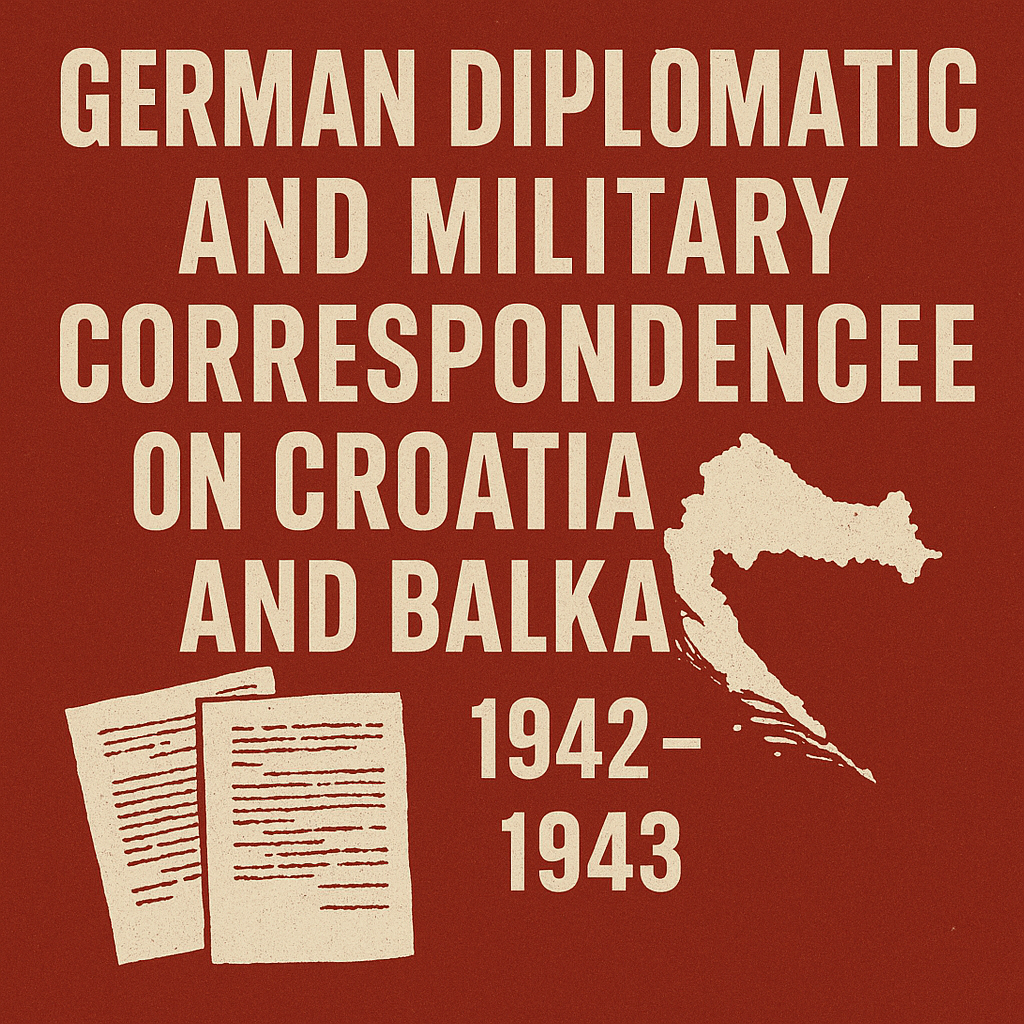
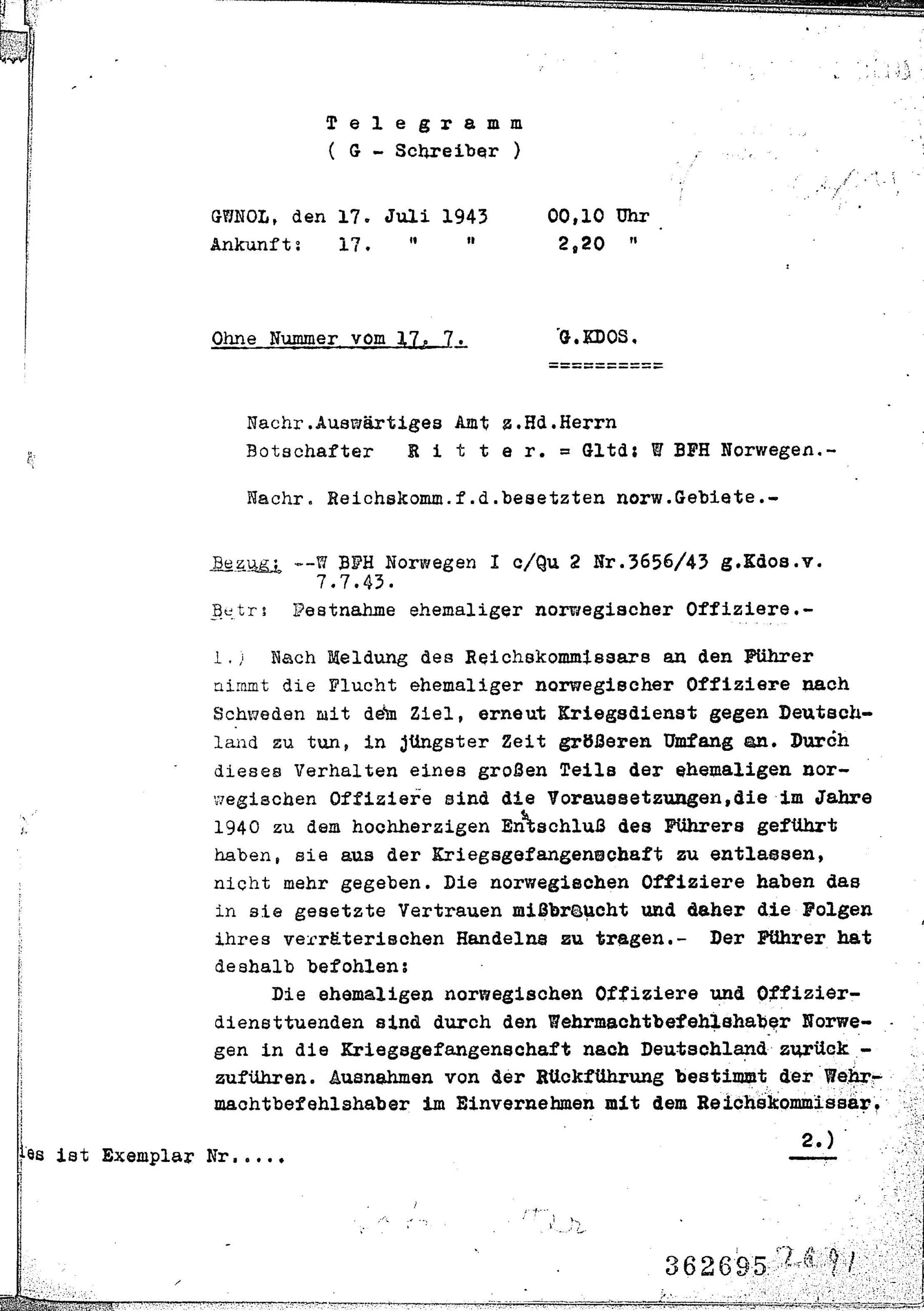
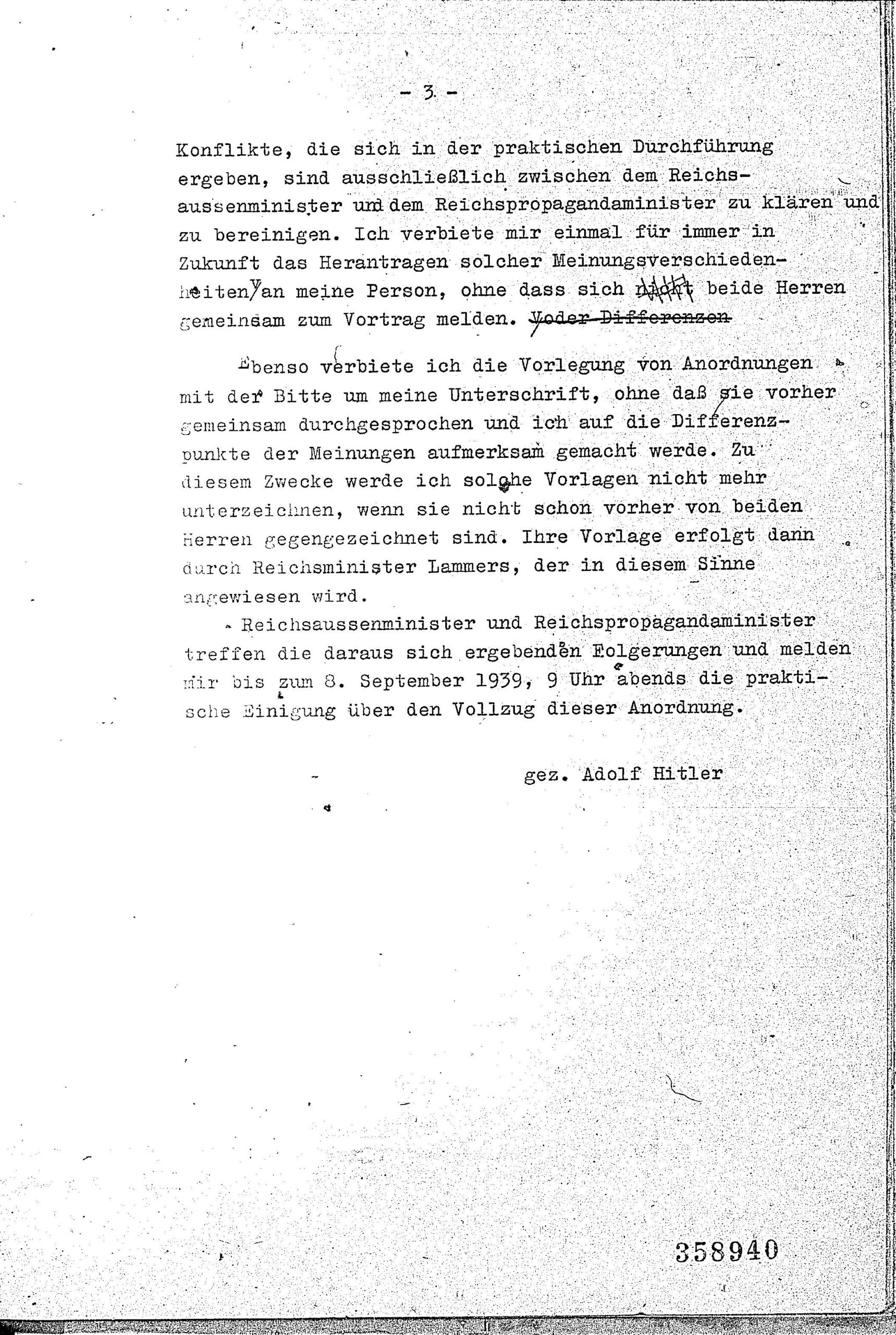
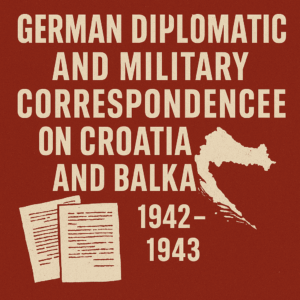
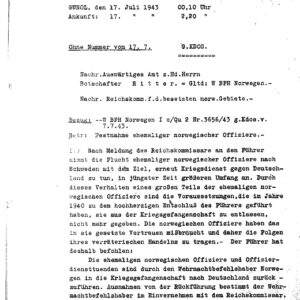
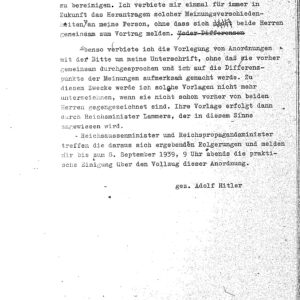

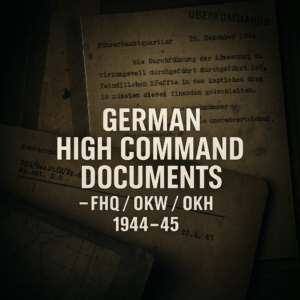
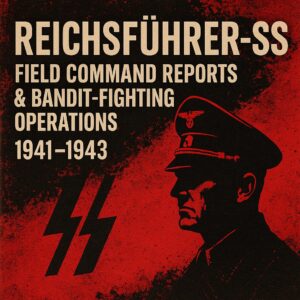


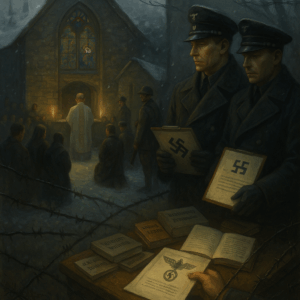
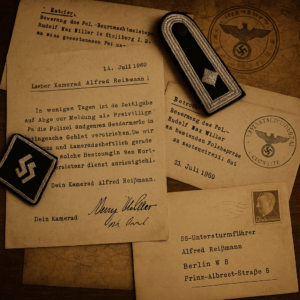
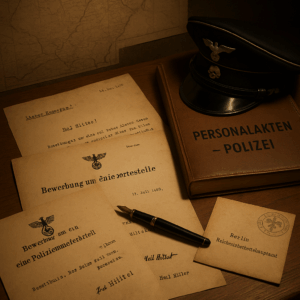
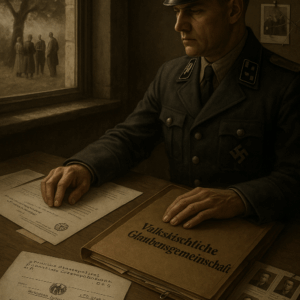
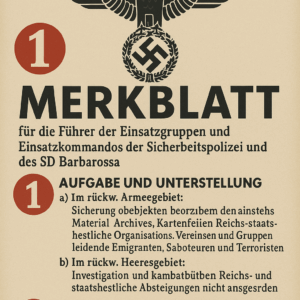
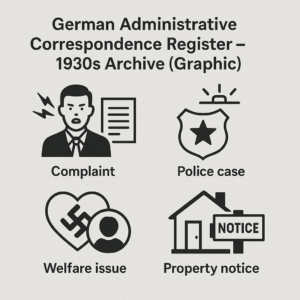

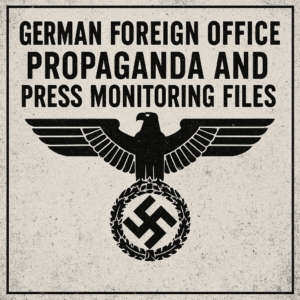
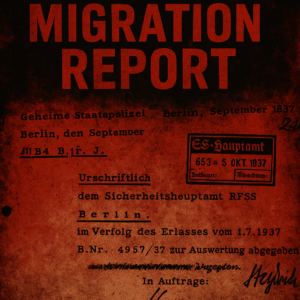

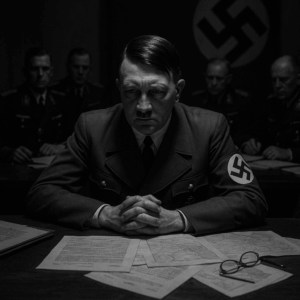

Reviews
There are no reviews yet.